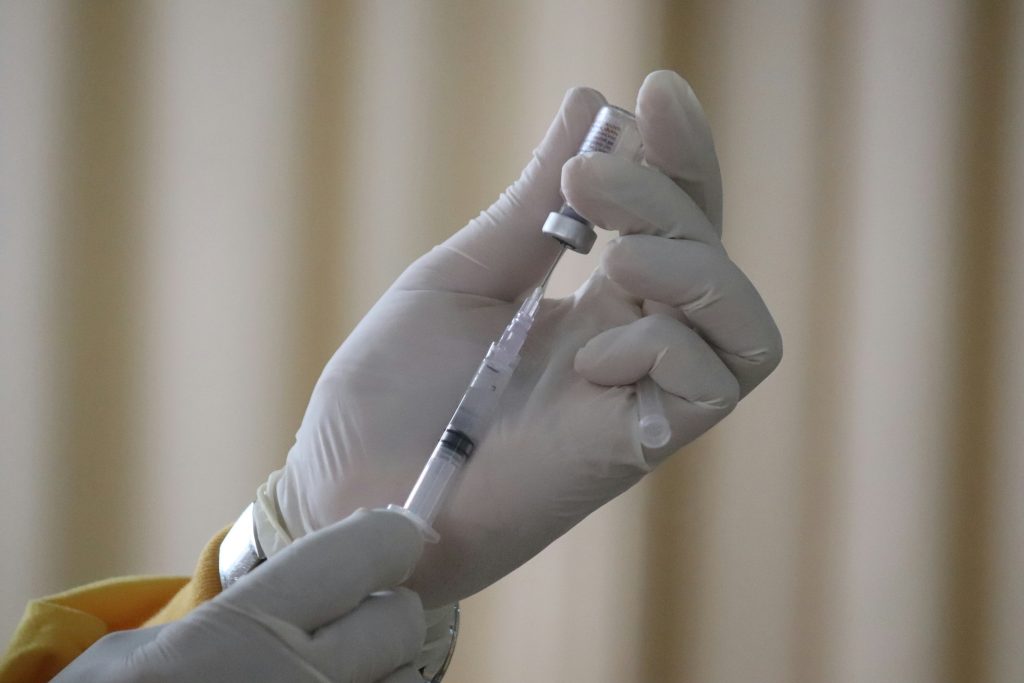The term “artificial intelligence” (AI) in healthcare refers to the application of machine-learning algorithms and software to analyze, present, and comprehend complex medical and health care data in a way that mimics or surpasses human cognition. This opens up new avenues for disease diagnosis, treatment, and prevention. Artificial Intelligence (AI) is defined as computer algorithms’ capacity to make predictions using only input data.
Though few studies have directly compared the accuracy of machine learning models to that of physicians in diagnosing patients, artificial intelligence algorithms have demonstrated promising results in accurately diagnosing and risk stratifying patients with concerns about coronary artery disease, suggesting potential as early triage tools.
How is artificial intelligence currently used in healthcare
The use of Artificial intelligence is still developing but is already being used in various ways in the field of healthcare and has quite a number of applications.
Surgical robots can perform precise surgery with high accuracy and especially for complex procedures. The Neuralink surgical robot is a perfect example. It is used to insert electrode bearing threads not more than 7 mm into the brain when implanting the neuralink device into patients.
AI can read and learn from enormous volumes of clinical data, such as X-rays and medical records, to assess the presence of a particular disease.For example, Nodoca is an artificial intelligence gadget that aids in the diagnosis of influenza. There is a camera lens attached to it.
Previously, the most typical test was to collect a sample of the nasal mucosa; now, with this, we may capture a picture of the throat and test promptly after symptoms arise. It takes simply a few seconds at most. AI is predicted to improve healthcare quality and efficiency. It is now being developed and applied in a variety of fields.
How does AI reduce human error in healthcare
AI can do certain tasks better than a human. Take the assessment of scans by a radiologist, pathologist or other medical specialist. A specialist cannot possibly compare a hundred images in a few seconds. Let alone compare that with the scans of the same patient from a year ago but that’s no problem for an algorithm.
Artificial intelligence algorithms can detect and diagnose diseases faster and more accurately than humans (assuming robust data quality, which we’ll discuss later). For example, an AI model trained with deep learning outperformed 11 pathologists in the classification of histopathological melanoma images.
Another example of AI in diagnostics is IBM Watson, which uses natural language processing and machine learning algorithms to analyze medical data. The system can analyze patient data and provide doctors with a list of possible diagnoses and treatment options. This can help doctors make more informed decisions about the best treatment for patients.
What are the positive effects of AI in healthcare
AI-powered imaging tools, such as MRI and CT scans, allow for faster and more accurate diagnosis of cancer, fractures, and neurological problems. Deep learning algorithms detect anomalies in medical images with great precision, assisting radiologists in interpretation and early identification. AIIMS (All India Institute of Medical Sciences) in Delhi developed a system to identify oral cancer in its early stages with artificial intelligence.
AI systems examine large databases to identify prospective medications, which accelerates the drug discovery process. Machine learning models anticipate drug interactions, toxicity, and efficacy, optimizing drug development and lowering costs.
AI analyzes patient data, including genetic information and medical history, to customize treatment approaches based on individual traits.AI in precision medicine matches patients with the most effective therapies, reducing adverse responses and improving outcomes.
AI-powered virtual assistants offer 24-hour support, including answering medical concerns, organizing appointments, and providing health advice. Chatbots with natural language processing capabilities improve patient involvement, remote monitoring, and timely interventions.
What are the negative effects of artificial intelligence in healthcare
AI applications rely on high-quality data to produce high-quality outputs. AI is ideal for automatically creating clever, new insights from current data. However, even the best AI system is limited by its input (data). It’s crucial to recognize that AI algorithms, like the data they use, may have limitations.
Apart from other ethical concerns, it is critical to consider the various forms of discrimination by AI. These are particularly common in public (healthcare) applications. First, there is the possibility of direct discrimination. AI algorithms can make decisions on (restrictive) health interventions based on personal attributes like ethnicity, gender, or name.
These personal qualities can influence health-related themes, but an incomplete dataset may fail to account for underlying health variables such as socioeconomic status, risky behavior, and so on. Second, AI can model a health intervention that benefits the majority but harms the minority. This is also known as indirect discrimination.
Conclusion
There are various challenges to applying AI in medicine, like guaranteeing high-quality data and creating in-house AI expertise, but the rewards to the sector are huge. Artificial intelligence has the potential to benefit healthcare in a variety of ways. Artificial intelligence is unquestionably the future of healthcare; so, the debate is not whether it is useful in medicine. The question is whether you can afford to defer its deployment.



